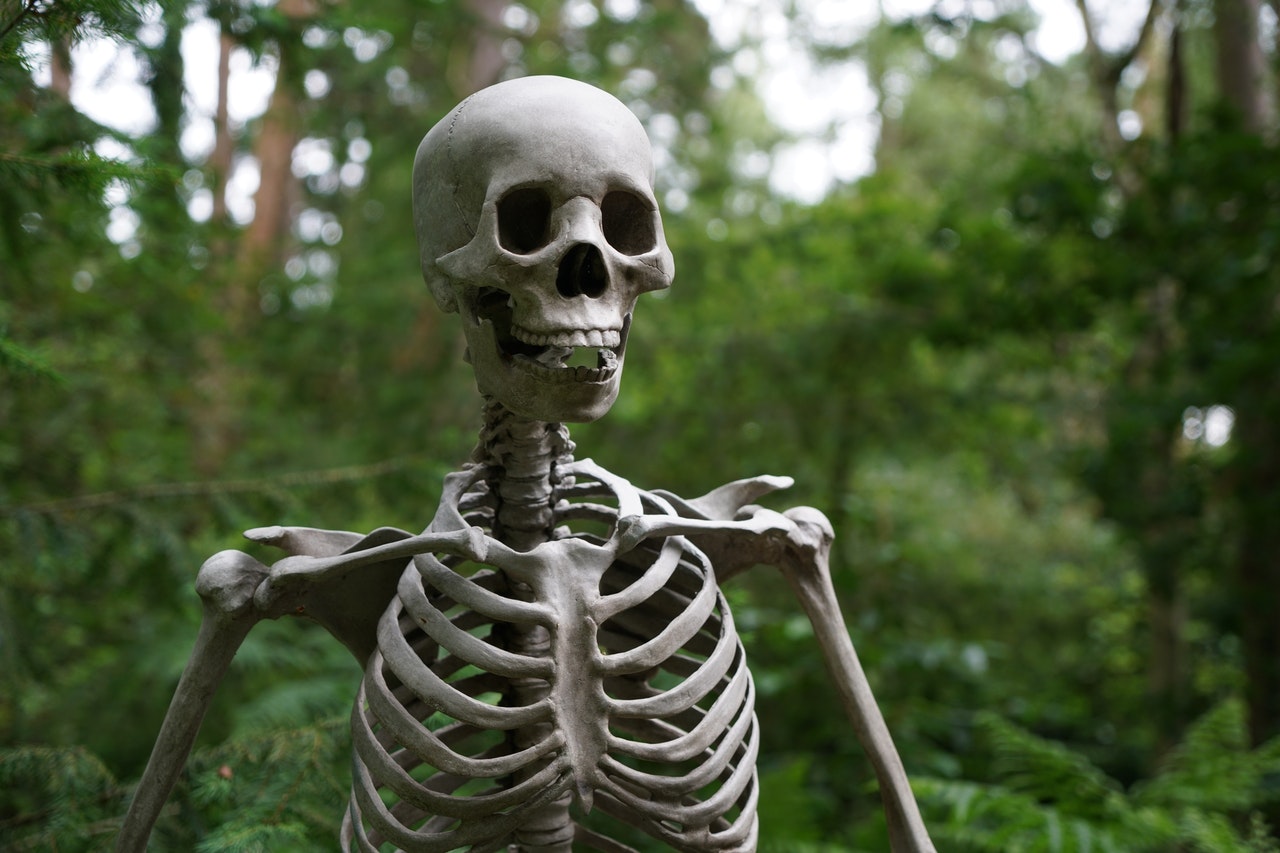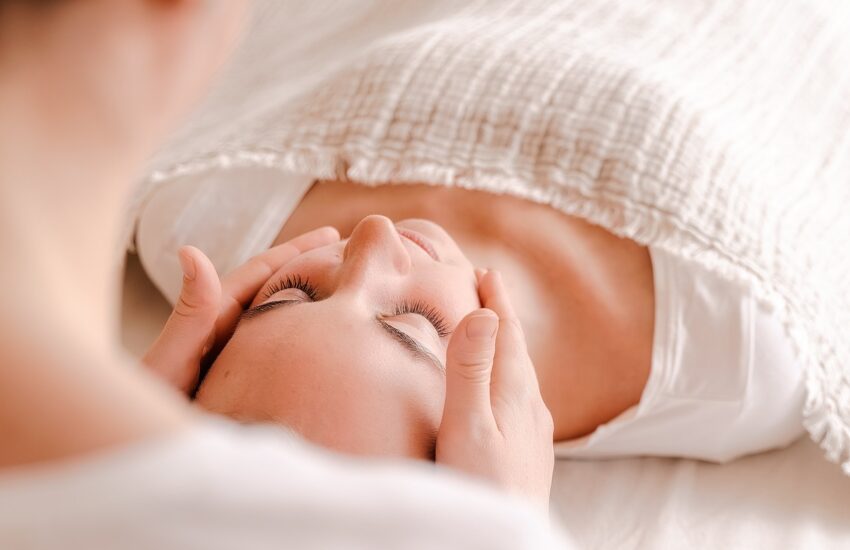3 Unique Ways We Build Stronger Bones at our Clinic
As people get older, they expect that with advancing age there’s going to be a gradual weakening of bone.
That expectation isn’t without merit. Age absolutely influences the strength of our bones.
But, just because the date of your birth year begins to get farther and farther away, doesn’t mean we have to accept bone loss as part of our future.
Recent advances in biological science has given practitioners such as myself advanced tools to help combat bone loss.
Best of all is many of these healing modalities can help stop, and even reverse bone loss/weakening. Meaning, if you’ve been told there’s no hope your bones will ever get stronger, you can breathe a sigh of relief.
And while I’m not going to make false promises and tell you that you can make it so your bones return to the strength of a 20-year-old, you can add absolutely make your bones healthier.
Here’s how we do that in the office.
3 Proven Methods For Helping to Heal Weakened Bones
One of the core tenets we stick to in the office is that anything and everything we do must be biologically plausible, have low-risk and have enough evidence collected to warrant a recommendation.
The very first treatment we offer is the one we’ve been doing the longest.
As a matter of fact, when Dr. Lantelme first opened our doors in the summer of 2011, this was the first “alternative therapy” we offered.
It’s hormone replacement therapy.
1 – Hormone Replacement Therapy for Stronger Bones:
Over the past 6 years, I’ve written hundreds of articles on hundreds of different topics. One of the key areas that I focus on is using bioidentical hormones to supplement falling levels to help steer a person’s health back on track.
Hormones are chemical messengers that tell our bodies how to act, and what to do.
With age, hormone levels begin to decline. It’s what happens after years of our bodies being subjected to billions of cellular incidences of damage and stress.
When their levels start to fall, certain processes don’t take place at full strength.
One such biological process is the breakdown and reformation of bone.
While plenty of treatments help to stop bone loss. Hormone therapy is the only therapy that’ll actually help grow new bone.
I’ve personally witnessed a long list of patients with diagnosed diseases (osteopenia and osteoporosis) have their conditions completely reversed through the administration of bioidentical hormones.
The primary hormones we use in the office to help reverse these catastrophic conditions are estradiol, progesterone, and testosterone.
In a summary article on how hormones heal bones they write, “The anti-fracture efficacy of HRT has been assessed in observational studies, case-control studies, meta-analyses and randomized clinical trials: (Women’s Health Initiative), Heart and Estrogen/progestin Replacement Study (HERS), Women’s Interventional Study of long Duration Estrogen after Menopause (WISDOM).
Overall, these analyses (except HERS) show that HRT decreases fragility fracture risk by 20-35%. Discontinuation of HRT results in acceleration of bone turnover, decrease in BMD and eventual loss of anti-fracture efficacy.”
Just so you’re clear, the kind of hormone replacement we perform in our office is entirely different than what most physicians offer.
Instead of using synthetic hormones, which are artificial analogs to what your body makes, we use hormones that match exactly what your body makes and that our manufacturers make 100% naturally (most bio-identical hormones are made with some kind of plant).
Because these hormones are biologically identical to what your body already makes, they’re accepted and synthesized with remarkable efficiency. This doesn’t just benefit you from a health perspective, it’s also financially sensible, too.
2 – Supplementation With Key Nutrients:
A few years ago I published a report about the danger calcium supplementation poses to our health.
While I cited more than 2 dozen medical studies in the article, the report’s content was evidently controversial enough that Facebook told me I couldn’t pay to advertise it.
Funny how spreading the truth can sometimes get you in trouble, right?
In that report, I demonstrated that an over-reliance on calcium supplements to build bone had likely lead to no real improvement in bone health (and this is worldwide, mind you) and that calcium supplements were likely causing many people to end up with calcified arteries that lead to devastating illnesses.
The truth of the matter is there are only a select number of supplements that we advise people take to strengthen bones.
Not all that surprising, calcium is not high on that list. Truthfully, the vast majority of people get enough calcium through diet that they don’t need to supplement.
On the other hand, part of the reason we rely on supplements as a course of therapy has to do with how many people’s diets and/or lifestyle choices leave them bereft of key nutrients responsible for bone formation.
A few of these key supplements include vitamin K-2, vitamin D-3, magnesium, phosphorus boron, strontium among others.
In that report, I showed people that instead of taking calcium to build stronger bones, they’d be much better off taking 150 mcg of vitamin K-2. Vitamin K-2 is a naturally occurring nutrient found in foods like pasture-raised egg yolks… cheeses like gouda or brie, along with fermented foods like natto or sauerkraut.
Vitamin K-2 is needed to activate bone-building cells called osteoclasts, whose main job is to move calcium from your bloodstream into your bones and teeth. Because many people are deficient in this key nutrient it’s likely resulted in the development of weakened bones as well as too much calcium in the blood.
To help people reverse their deficiencies we offer a suite of supplements that’ll tackle bone loss head-on.
Many of these are found in our online store.
3 – Certain Kinds of Exercise:
I should make a note here; while hormone replacement therapy and supplements are therapies we offer/administer in the clinic, exercise is one of the few we don’t pursue at the office.
Primarily because we’re not set up to help people rehabilitate on campus.
That being said, all the practitioners at Robinhood Integrative Health are well aware of what works and can offer customized workout recommendations to help patients of any age to strengthen their bones.
The facts are that working out, especially weight-bearing exercise, pushes the body to adapt to that kind of stress and then builds strong muscle.
These kinds of exercises don’t need to be grueling, or overly difficult, either. Consider the fact that walking is a weight-bearing exercise that can help strengthen bones.
The most important feature is that they have to put stress on the bones and joints to realize the full therapeutic effect.
If you live in the Winston-Salem area a company called Osteostrong offers static resistance training and the studies are very promising that this will result in increased bone mass.
If you aren’t local, or, want to endeavor to do this on your own, check out this list of exercises you could try.
>> 10 Best Exercises For Bone Strength
Want to Consult With One of Us For Your Bone Strength?
I know some of you reading this will still want to talk to a practitioner about your bone health.
To set up an appointment as a previously existing patient please login to the patient portal so you can get scheduled to come into the office.
If you’re not a patient yet and would like to become one to talk about bone health, please call 336-768-3335.
The truth is, your bones can heal and if you take some of this advice you can walk around with strong bones, no problem.


